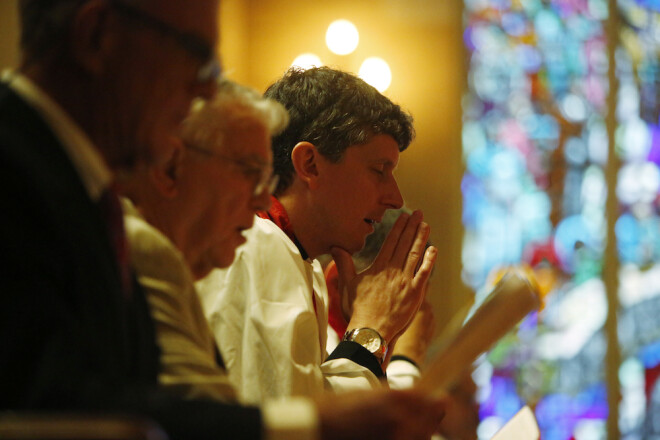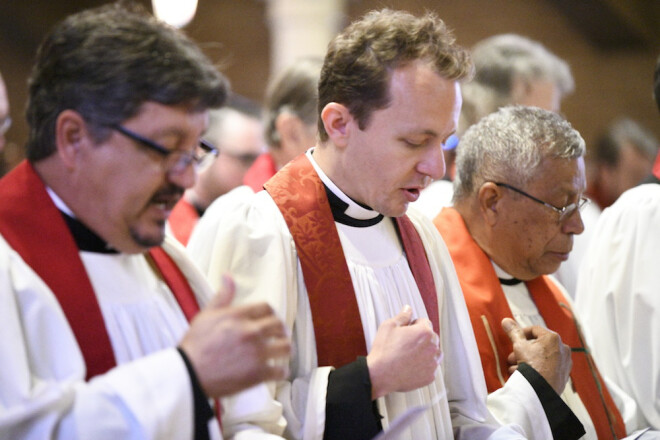Praying

Since practitioners of various religions say prayers, we readily assume it is a shared, virtually universal activity, of which Christianity is one example. And in one way this is true. But in these entries we want to emphasize what is unique to prayers by Christians. How do we understand it as distinctive? How are our beliefs knit together inseparably from this practice?
First of all, prayer is not a work. It does not accomplish anything we can account to the credit of ourselves or others before God. Likewise we are never adept to who are ‘good at it.’ In his ‘Beginning to Pray,’ Metropolitan Anthony Bloom makes the point by saying that we are always beginners by the very nature of the activity. We must ask our Lord to teach us how we ought to pray. (Matthew 6:9-13)
And the paradigm prayer He gives us is His own, presuming His own relation to His Abba and anticipating His own ‘time of trial.’ In other words, Christians of themselves as called into a share, into participation, in Jesus’ prayer. In Romans 8:15-17, Paul makes the same point by saying that our prayer is to the Father through the power of the Spirit as ‘co-heirs,’ adopted, with the Son. Though we speak, in a deep sense, we are prayed through by the Spirit.
For this reason, our own incapacity, what Paul calls ‘groaning’, does not inhibit our praying. We live ‘between the times’ in every prayer, giving voice to the groaning of creation as it awaits the end (8:22). But our prayer also presumes the victory over sin and death in Christ Jesus (vv.37-39). Prayer too is always ‘already’ and ‘not yet’. It encapsulates and epitomizes the Christian life.



